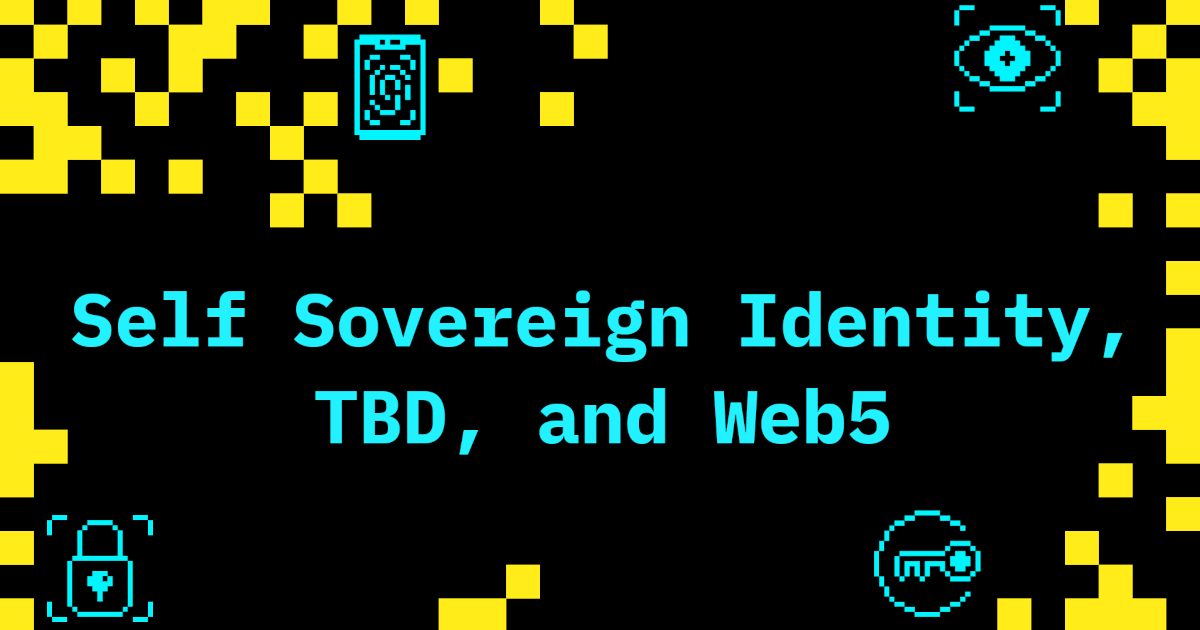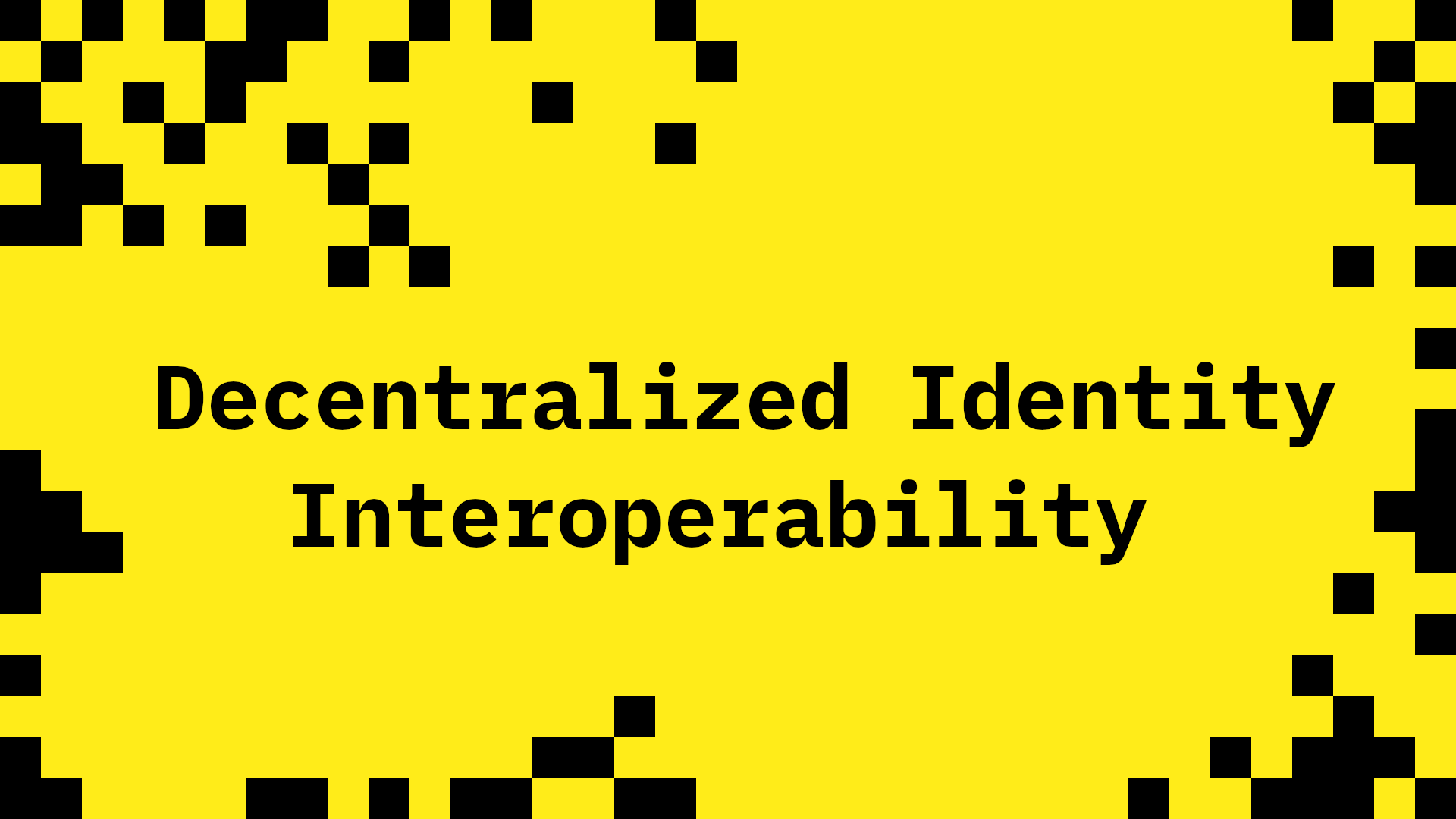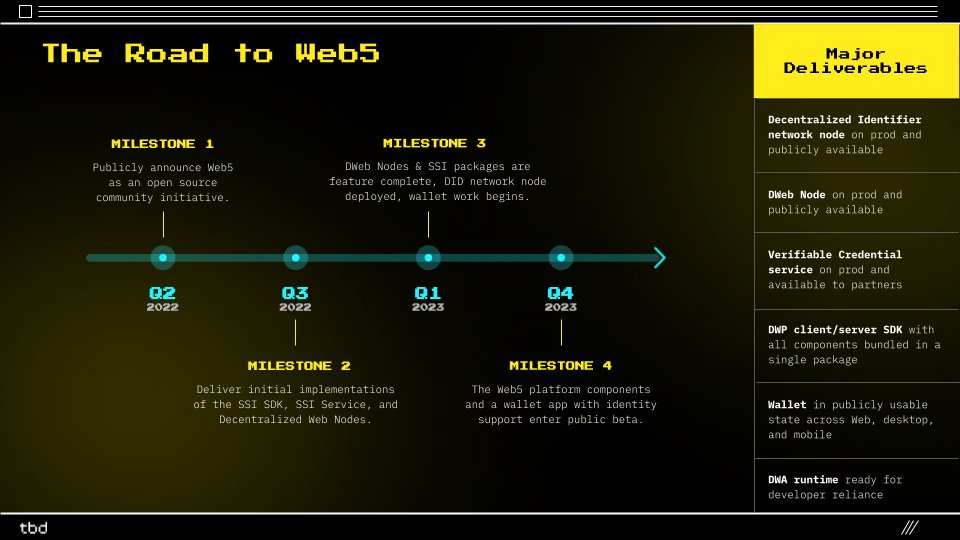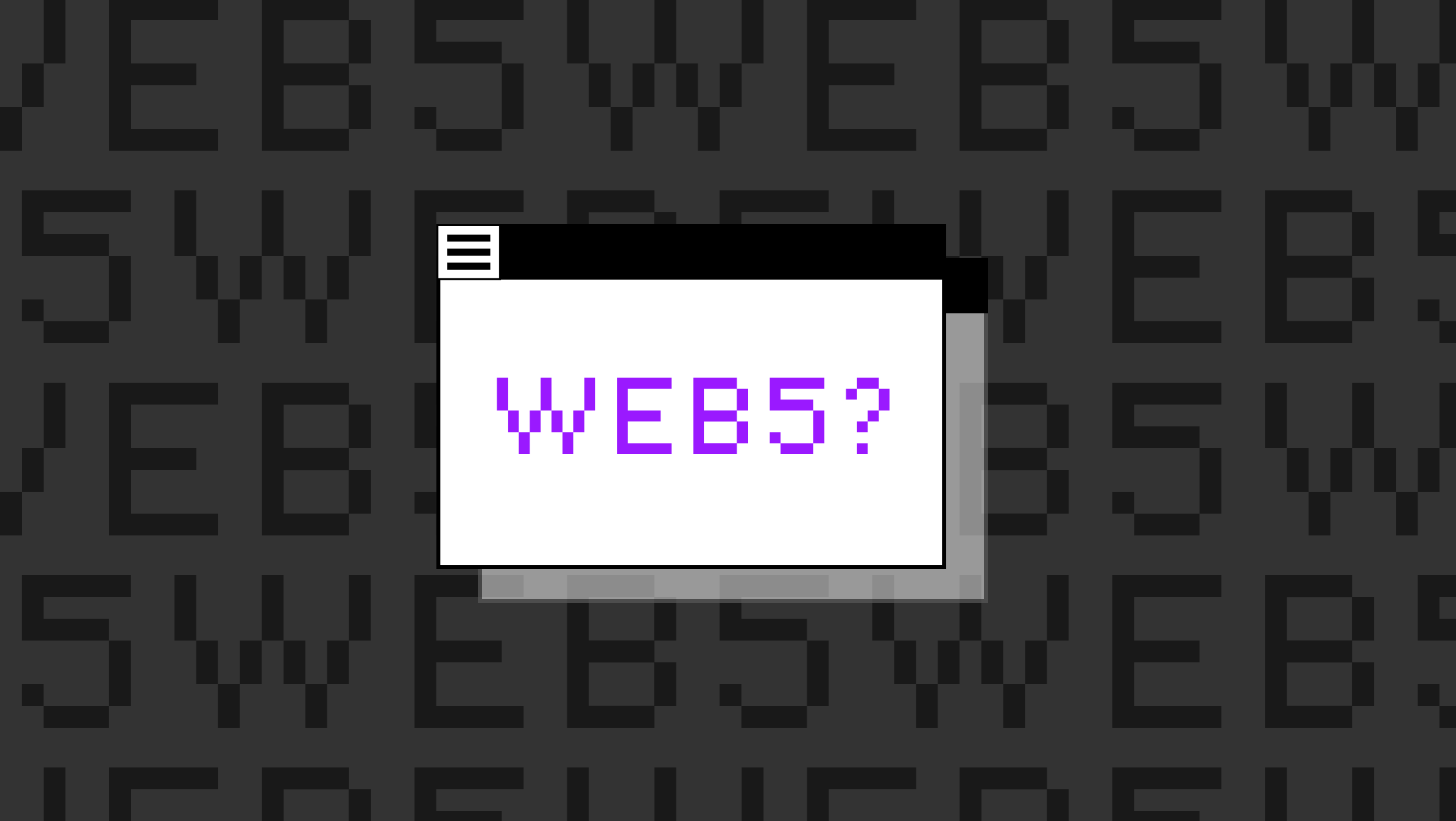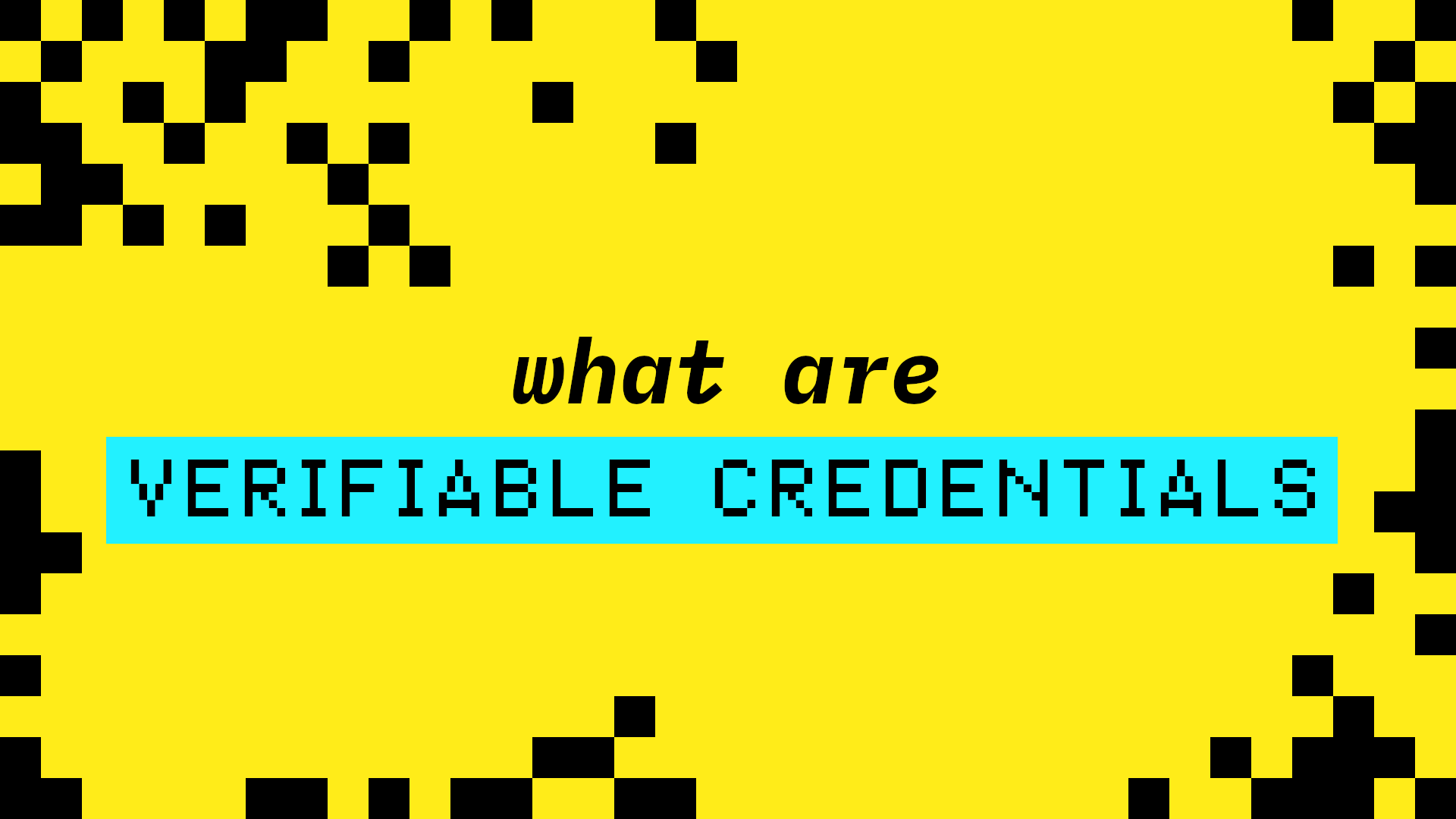
When you hear the term 'credential', what comes to mind? Is it a driver's license, passport, birth certificate, college degree, state ID? The common thread of these forms of credentials is that they are physical items, verified by recognized centralized bodies like a government agency or accredited university.
So how do credentials translate into the digital world where within a few clicks someone can make a fictitious identity? Introducing... verifiable credentials (VCs), a digitally signed electronic credential that follows an open standard that lets you create, own, and manage your credentials across a variety of platforms.
